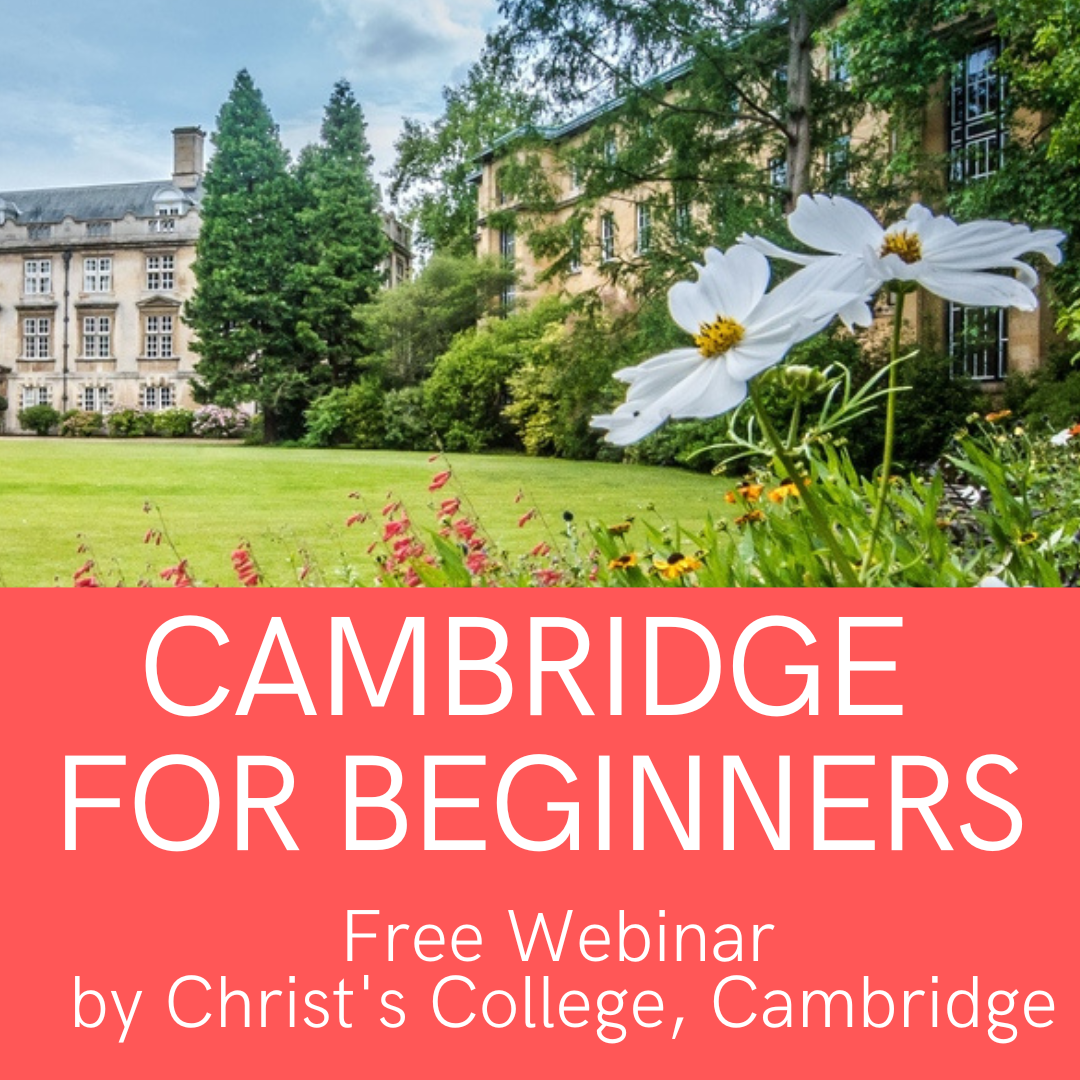
- Why study Classics?
- Why study Classics at Christ's?
- Course content and structure
- College teaching
- What do our students think?
- How to apply
- Helpful resources
- Come to an Open Day or Online Event
- What to know more?
| Booking is open for our Classics subject meeting on Wednesday 28 May |
Why study Classics?
If you are interested in the art, archaeology, language, literature, philosophy, mythology or history of the Greek and Roman worlds, then Classics is the degree for you. It is one of the broadest and most flexible Humanities degrees out there, offering students an unusually wide range of skills - from close literary and visual analysis and data-handling to blue-sky thinking. Whether you consider yourself technically brilliant and/or imaginative, this is the degree for you. And it is getting broader and more flexible all the time. Classics at Cambridge understands that the Greek and Romans worlds were part of a joined-up antiquity that extended across the Mediterranean and far beyond to Britain, the Black Sea, Egypt, India. It also understands that our understanding of antiquity is shaped by centuries of appreciation and response, and by colonialism, collecting and classificatory practices with effects negative as well as positive. The Classics degree studies these too. Open to anyone, whether they have yet had a chance to learn Latin or Greek, it is fun, challenging, frame-shifting, eye-opening, and an excellent preparation for careers in law, accountancy, consultancy, advertising as well as in the heritage sector or teaching. It makes you see culture differently.
The Cambridge Classics course can be tailored to the individual student. Some students choose to stay broad, others specialise in, for example, art, archaeology and modernity's reception of the antique, or in literature, philosophy and textual criticism.
Why study Classics at Christ's?
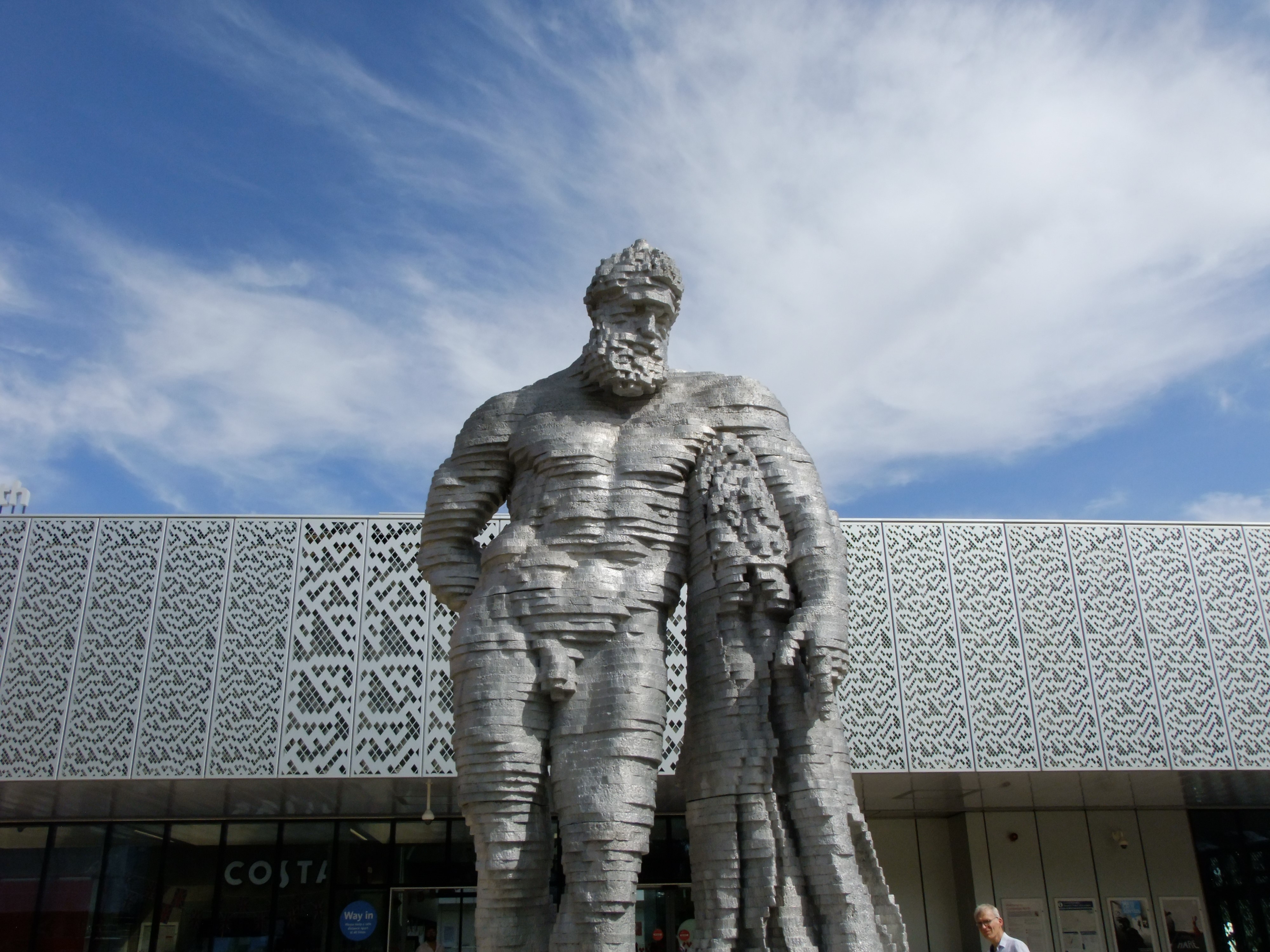 Christ’s is a very special place to study Classics. We aim to take 4-6 undergraduates a year; we currently have six Classics Fellows who, between them, are truly representative of the subject's breadth, and handle most of the undergraduate teaching 'in house', and a healthy number of Masters, and PhD students. Together, we are a lively bunch. In fact, we don't think it unjust to claim that we have one of the most active Classics Societies in Cambridge, with events ranging from dissertation evenings and picture-parties through black-tie dinners (including our legendary 'Bring your schoolteacher to dinner' dinner) to a termly 'pub quiz'. If you would rather do something different, you can make that happen: the Society is student-run. It means that our Classicists form strong friendships across years and subdisciplines.
Christ’s is a very special place to study Classics. We aim to take 4-6 undergraduates a year; we currently have six Classics Fellows who, between them, are truly representative of the subject's breadth, and handle most of the undergraduate teaching 'in house', and a healthy number of Masters, and PhD students. Together, we are a lively bunch. In fact, we don't think it unjust to claim that we have one of the most active Classics Societies in Cambridge, with events ranging from dissertation evenings and picture-parties through black-tie dinners (including our legendary 'Bring your schoolteacher to dinner' dinner) to a termly 'pub quiz'. If you would rather do something different, you can make that happen: the Society is student-run. It means that our Classicists form strong friendships across years and subdisciplines.
Christ's also has a special Levy-Plumb Fund that offers grants for Humanities students to undertake travel associated with research and for courses in modern languages.
Christ's Classicists go on to great things - from careers in investment banking and in Accountancy to teaching, the Civil Service, the Arts and the Heritage sector. Some of our recent graduates can be found here: Mark Baldock, Holly Braine, James Cahill, Roeland Decorte, Holly Gilbertson, Darius Meeham, Emil Sands.
Course content and structure
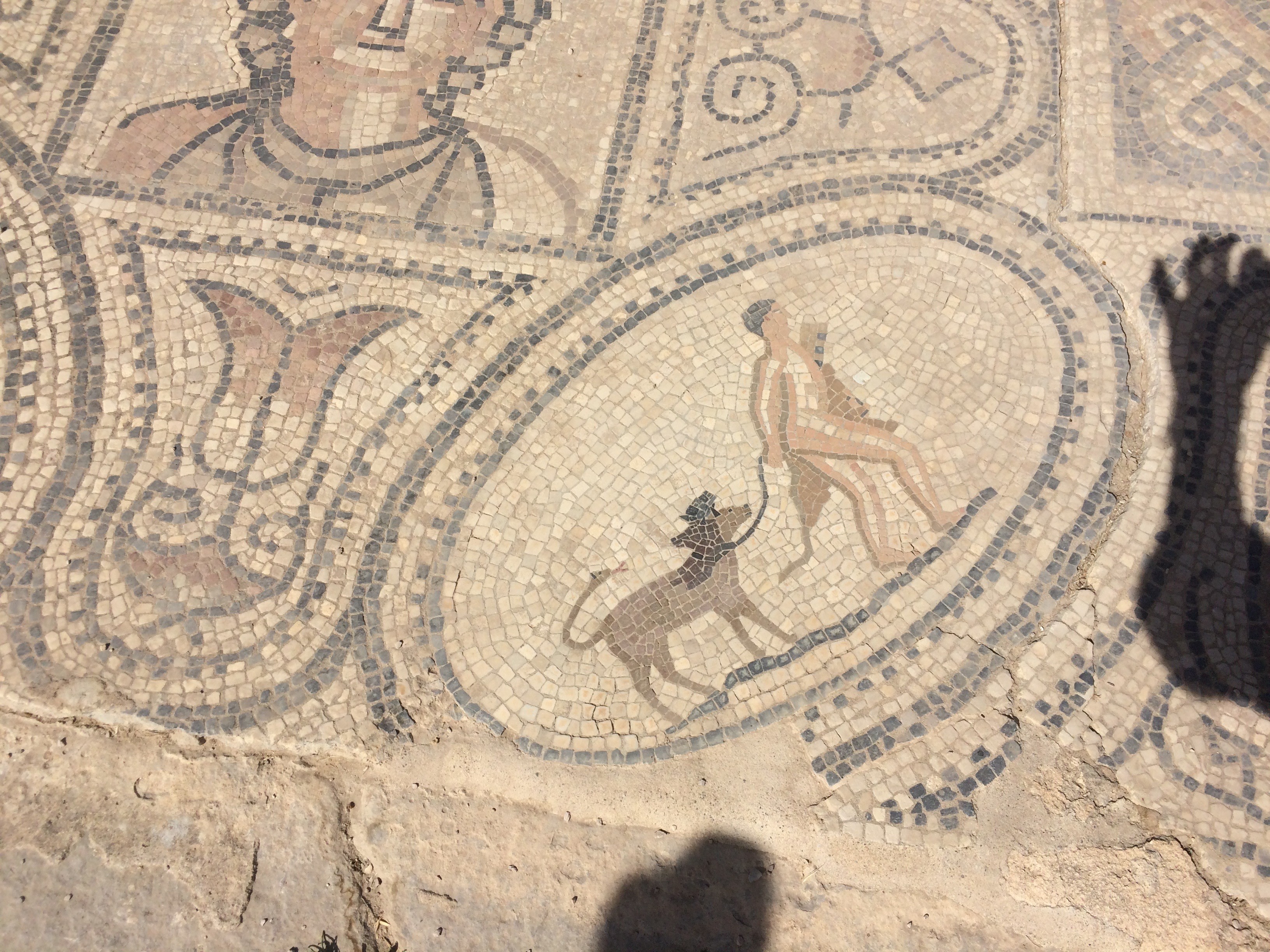 Our Classics course is open to everyone. We have routes for applicants who have thus far studied only Greek or only Latin, both Greek and Latin, or neither Greek nor Latin. Full details of the Classics course content and structure can be found here. You will also find information on the Classics Faculty page for prospective applicants and get a great impression of the kinds of modules that make up each year of our degree here under the 'Prelim', 'Part1A', 'Part IB' and 'Part II' tabs on the righthand side. Their titles alone speak volumes about how we teach the materials, ideas, legacies of the Greek and Roman worlds. The Classics Faculty arranges object-handling sessions for undergraduates and opportunities both to excavate classical sites and to teach Latin in schools. It also provides funds for travel to foreign lands. It has lively student-run Classics and Museum Societies and, every three years, stages the famous Greek Play.
Our Classics course is open to everyone. We have routes for applicants who have thus far studied only Greek or only Latin, both Greek and Latin, or neither Greek nor Latin. Full details of the Classics course content and structure can be found here. You will also find information on the Classics Faculty page for prospective applicants and get a great impression of the kinds of modules that make up each year of our degree here under the 'Prelim', 'Part1A', 'Part IB' and 'Part II' tabs on the righthand side. Their titles alone speak volumes about how we teach the materials, ideas, legacies of the Greek and Roman worlds. The Classics Faculty arranges object-handling sessions for undergraduates and opportunities both to excavate classical sites and to teach Latin in schools. It also provides funds for travel to foreign lands. It has lively student-run Classics and Museum Societies and, every three years, stages the famous Greek Play.
If you have further questions about the course content or about Classics at Christ's, please email Professor Caroline (Carrie) Vout (cv103@cam.ac.uk). You can hear Carrie here and here. If your questions are about requirements and undergraduate admissions in Classics, please email Kristy, Fran and Ellie in the admissions office (admissions@christs.cam.ac.uk).
College Teaching
Christ’s is lucky to have a great team of Classics teachers:
- Professor Caroline Vout University Professor of Classics and a teaching fellow of the College
- Dr Henry Spelman, University Assistant Professor of Classics and a teaching fellow of the College
- Professor David Sedley Laurence Professor of Ancient Philosophy Emeritus
- Professor Gabor Betegh Laurence Professor of Ancient Philosophy
- Dr Ella Grunberger-Kirsh Junior Research Fellow
- Dr Matthew Ward Junior Research Fellow
- Dr William Freeman Junior Research Fellow
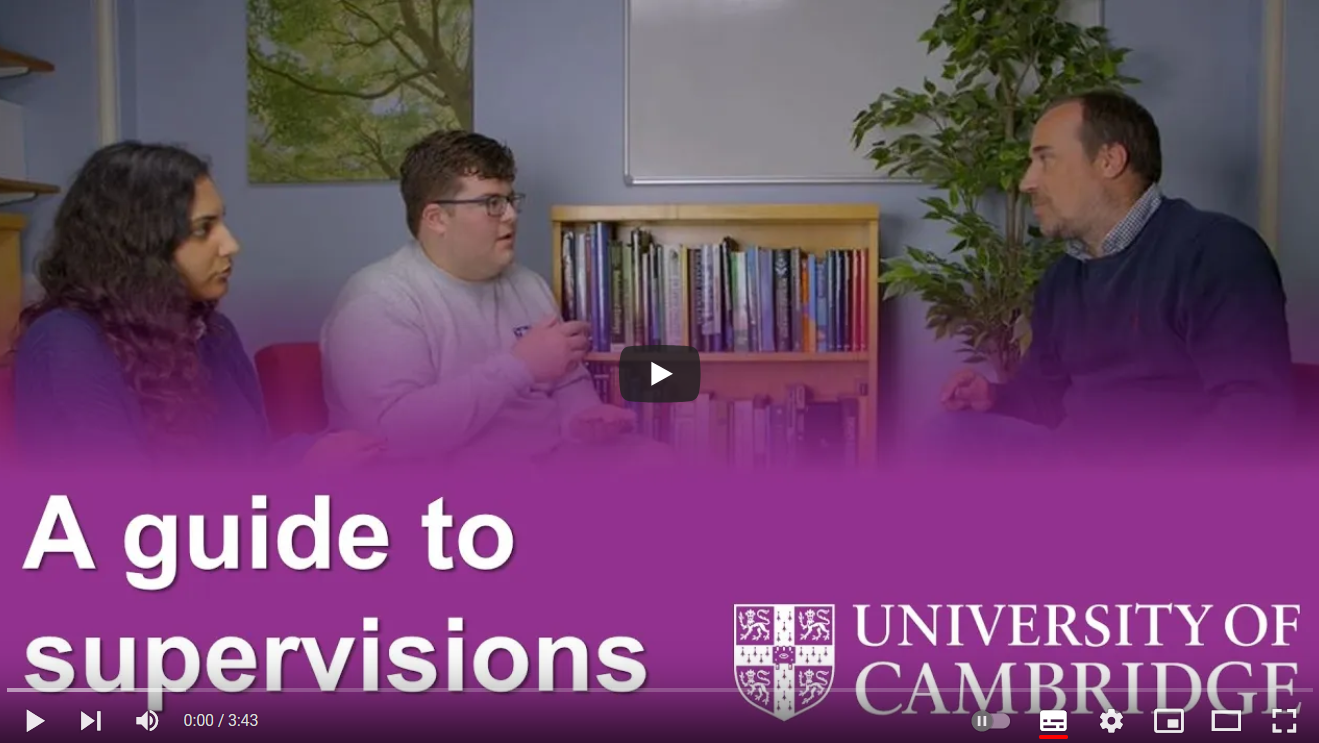
Christ’s College’s Director of Studies in Classics, Carrie, advises all Classics students in choosing their options and arranges their supervisions. Supervisions are tutorial teaching sessions – one-to-one or in small groups – that support and challenge materials learned in lectures and from books and articles. They develop your critical and presentation skills and improve your writing, providing tuition tailored to your indiviudal needs. As other universities usually teach in much larger groups, this personalised approach is a real advantage of a Cambridge education.
What do our students think?
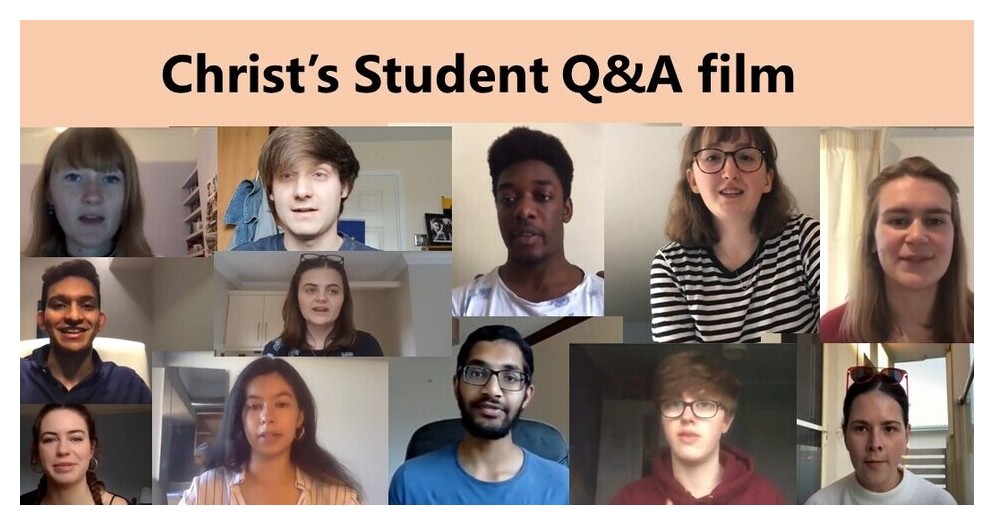
Classics for students who arrive without Greek and Latin A-level.
Classics for those with an A level or equivalent in Greek and/or Latin.
If you’d like to hear from other Christ's students, please watch the Christ's student Q&A film, and visit our Student Profiles page.
Christ's students and former Junior Research Fellows have also gone on to prestigious careers in Classics: these include Peter Agocs (UCL), Albert Bates (Cambridge), George Boys-Stones (Toronto), David Butterfield (Ralston College), Angie Hobbs (Sheffield), Polly Low (Durham), Sebastian Marshall (St Andrews), Hannah Willey (Cambridge), Greg Woolf (ISAW, New York).
How to apply
Details and a timeline for the application process can be found on the how to apply page. You may also find the additional Faculty of Classics application information useful.
| News |
|---|
|
Subject requirements
Applicants  for the three-year Classics course must take Latin at A-level, IB Higher Level, Scottish Advanced Higher or equivalent. If you are taking Classical Greek but not Latin, please contact us for further information.
for the three-year Classics course must take Latin at A-level, IB Higher Level, Scottish Advanced Higher or equivalent. If you are taking Classical Greek but not Latin, please contact us for further information.
No specific subjects are required for the four year Classics course. We advise that the following subjects give useful preparation: Classical Civilisation, English (Language or Literature), History, a language (ancient or modern), and recommend that you also read the Classics Faculty advice.
We encourage students to attend one of our regular Subject Matters webinars for help with choosing Post-16 subjects for competitive university applications. This webinar is pitched for students aged 14-16 though it is also possible to attend when you have started sixth form.
Written work
After you have applied, Classics applicants are asked to upload TWO examples of marked written work that you feel accurately reflect your abilities and interests. In all cases work submitted must be your own original work, written in English and not more than 2,500 words in length. Normally the essays will have been completed during your normal course of your school study and have been marked by your usual teacher. Full written work guidelines are provided as part of the current applicants section on this website (published on 20 September each year), and the deadline for uploading your work will be in early November.
Interviews
If we select you for interview, these take place in early December. At Christ's we do all of our interviews online, and you can have them either at home (most applicants do this) or at school (if easier). We normally organise two interviews for our Classics candidates with academics in Classics. Your interviews will cover a range of topics based on your UCAS application and My Cambridge Application form, (for example, set-texts, wider reading, personal statement).
- If you are applying for the three-year course, one of your interviews will be longer than the other, as it will include the 3-year Latin (or Greek) skills assessment (see below)
- If you are applying for the four-year course you will have an additional interview for your assessment (see below)
Further information about interviews (including two useful films) is available in the Cambridge interviews section.
Admissions Assessment
Admissions Assessment arrangements for each subject are confirmed by July each year at university level. Assuming that there is no change to the assessment arrangements for Classics, the information is below.
If you are selected for interview, you will also be asked to do the relevant skills assessment for your course. We arrange your assessment for you automatically so you don’t need to do anything to register, and the assessment will be conducted verbally as follows:
- Interview candidates for the Classics (3-year course) have a Latin (or Greek) skills assessment in one of your two online interviews (we will be clear about which interview will include the assessment, and extra time will be allocated to this interview for the assessment). Please see the College assessments page for further detail and examples, and remember that if you're studying Classical Greek but not Latin, we ask that you get in touch with us.
- Interview candidates for the Classics (4-year course) need to do a language aptitude assessment, which is scheduled like an additional (third) online interview but will be with a language teaching officer from the Classics Faculty. Your Assessment interview will take place at about the same time as your other interviews but may not be on the same day. Please see the College assessments page for further detail and examples.
Details of how the relevant assessment will work are given to students selected for interview by email. If you will not be applying this year, note that there are sometimes changes to assessments from year to year - any changes are confirmed by the July before you apply.
Offers
Christ's College does not have fixed quotas of places for different subjects and the exact numbers admitted in any one year will depend upon the strengths of the fields of applicants in various subjects. However, the College's aim is to admit around 4 - 6 students each year in Classics.
We define the terms of each offer individually, but our minimum offer for Classics is
- A*AA at A-level
- 42 points overall in the International Baccalaureate with 7, 7, 6 in relevant Higher Level subjects
- A1, A2, A2 in three Scottish Advanced Highers
We may tie the A* to a relevant subject (depending on what combination of subjects you are taking) or ask you to complete some additional self-study if you have not taken a close equivalent of A-level Latin or Greek.
You need to be academically ambitious, as the majority of students arrive with higher grades than are required.
If you’re taking another qualification, we expect you to be working at or close to the top of the mark range, for example
- Baccalauréat français international (BFI): 17 (mention très bien) out of 20 overall, with a minimum of 17 in relevant subjects.
- European Baccalaureate: at least 85% overall, with 9/10 in relevant subjects
You can look up other qualifications in the offer levels for other exam systems and international entry requirements, and if you are applying from outside the UK please read the Christ's international students section for further information and check the country pages.
If you will have finished school when you apply, please also read about post-qualification applications, taking a gap year, and, if relevant, mature students or applying from a university.
Helpful resources
Would you like to receive these resources in an email? Please complete this brief form.
| The Greeks, The Romans and Us | Find out more about applying to study Classics at Cambridge |
| Why Classics matters | A helpful overview from the Faculty website |
| Reading suggestions | This online list, provided by the Faculty, gives insight into all areas of classical study. |
| Latin resources (for 3 yr course). | The Classics Faculty have provided commentaries on Cicero, Tacitus, and Virgil. for those studying Latin at AS or A level. |
| Films with one of the Christ's Directors of Studies | Professor Caroline Vout looks at some of the standout pieces in the Museum of Classical Archaeology Cast Gallery: Antinous; Discobolus; Peplos Kore |
| The Classical Anthology | A collection of passages from Greek and Latin literature (with translations) - click 'show menu' to start. |
| Antigone journal website | Open forum for Classics in the twenty-first century. |
| HE+ Classics | Resources for students who want to explore Classics beyond a school curriculum |
| Omnibus Magazine | Classics journal aimed at those in the final years of high school or starting university. |
| Theoi Greek mythology | About the gods (theoi), spirits (daimones), fabulous creatures (theres) and heroes of ancient Greek mythology and religion. |
| Open University courses | Introducing Classical Latin Getting started on Classical Latin Introducing Ancient Greek Discovering Ancient Greek and Latin |
| Classics for All | Resources for Classical Civilisation, Latin, and Ancient Greek |
| Internet Classics Archive | Greco-Roman works, all in English translation. |
| Duolingo | This includes an option to learn/practice Latin |
| Essay competitions | Entering an essay competition gives you an opportunity to explore a relevant topic and get some extra practice in writing a convincing and well-structured essay. |
| In our Time | Programmes on the ancient world from BBC Radio 4 |
| CamGuides | Introducing the academic and information skills that you will need during your studies, as well as how and where you would be working. |
Events (online / in person)
Our open days and events page advertises online opportunities as well as events you can attend in Cambridge - there should be something to suit everybody.
We particularly recommend taking part in a Christ's College Open Day as a good way to find out more about the College and talk to current students and staff about studying Classics here. These take place online with an optional in-person visit to the College. Or you could come along to one of Cambridge Classics events and open days and visit Christ's on the same day.
If you might be interested in combining a Classical Language with a Modern European Language such as French, German, Spanish etc, see the Cambridge Languages Open Day.
Want to know more?
For a full picture of what the course involves, please take a look at Undergraduate Classics admissions on the University website and visit the Faculty of Classics information for prospective students too.
If you have any questions, please don't hesitate to contact us at admissions@christs.cam.ac.uk. We’ll be happy to help.
Undergraduate Admissions / Subjects / How to apply / Why Christ's?

